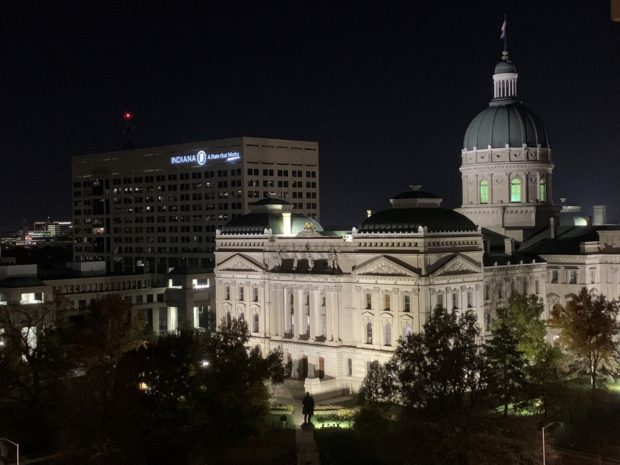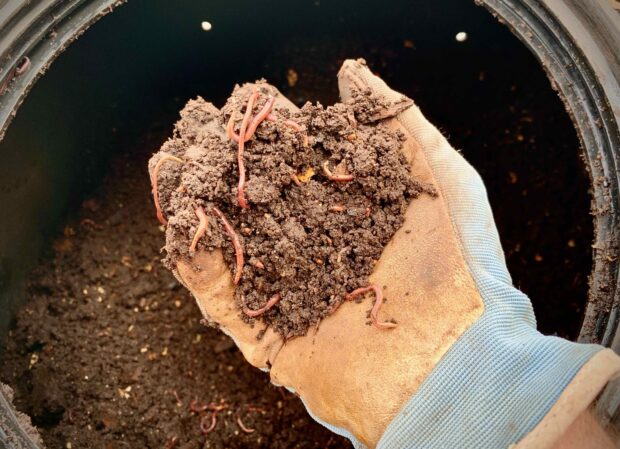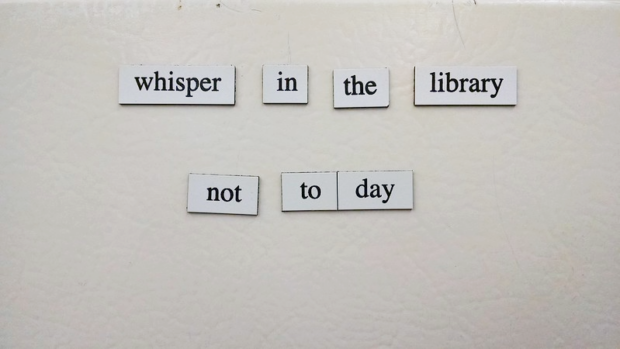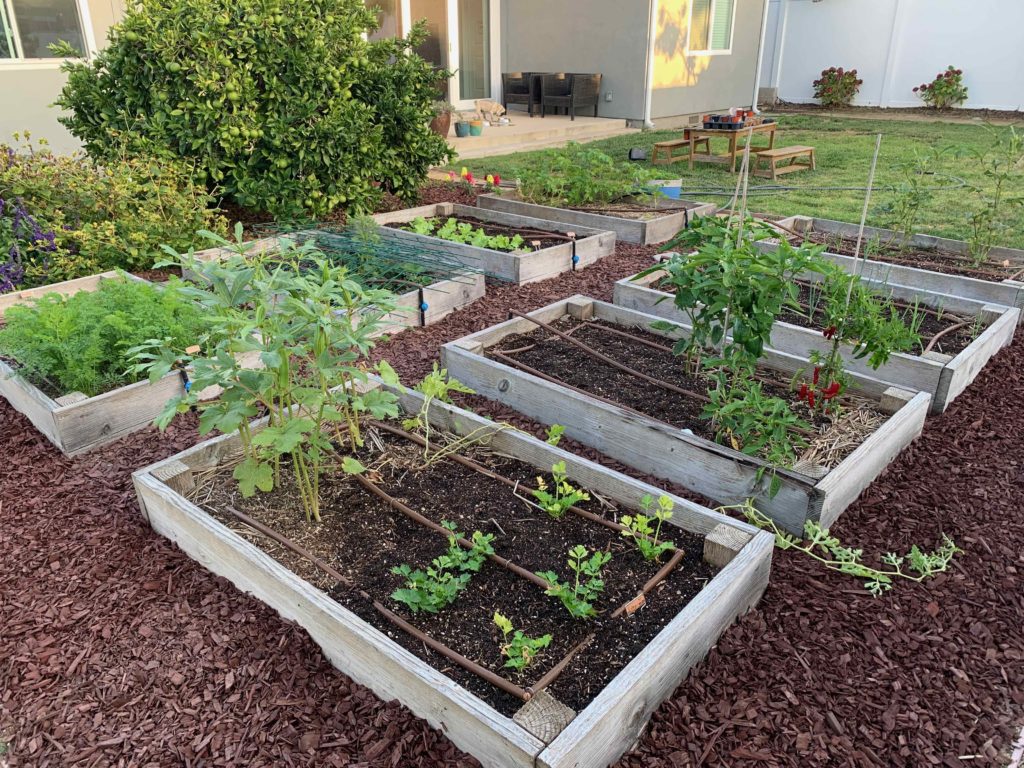It’s a mad world. Mad as Bedlam.
David Copperfield by Charles Dickens
Trifles make the sum of life.
David Copperfield by Charles Dickens
I don’t run the social media account for my university, but I do oversee the accounts hosted by the library. As Head of Outreach and Engagement, managing the various external (i.e., campus facing) channels is part of my portfolio. This is of course in addition to research and service, collection development, faculty liaison work, leading a department, and all the other “normal” academic librarian duties. Social media is only a tiny fraction of how I spend my time.
That said, a recent article by the Chronicle, “This is One of the Loneliest Jobs on Campus” by Megan Zahneis made me feel seen. But before I get into it: have you said thank you to your social media manager yet today? Have you told them how much you respect and appreciate their work? Have you given them a bottle of wine? Go do that first. I’ll wait.
Drink bleach and die
“To manage an institution’s social-media accounts is to act as its voice to hundreds of thousands of people, and to take in those people’s thoughts, questions, and complaints in real time.”
When things are going well, you can feel like you’re on fire. The excitement of developing new content (yarr!), seeing people fall in love with it, watching engagement numbers rise… all of that can be thrilling. But just as quickly it can turn sour. I once posted an image of a new book from our popular reading collection that was about Trump’s legal troubles: I immediately found myself the target of MAGA trolls. They were not even our students! That didn’t make it any easier to read. I’ve internalized negative reviews of my organization, even though I know that’s absurd. When you’re the one creating and pushing out all the messaging, it’s difficult not to take it personally.
Keys to the brand
“[Social media accounts are] the keys to your brand. Surprisingly often, those keys are held by a single person.”
In one survey cited, 48 percent of respondents were the sole individuals running social media accounts for their uni. Another 35 percents were on teams of two. While the article didn’t mention it, I would bet those 35% are much happier and well-adjusted than the other 48%. There’s solidarity in teams, not to mention the comfort in knowing that it’s not all on you to figure out. Creating content daily that is engaging, unique, up-to-date, and useful is … painfully difficult work. I’ve been doing this type of work for almost a decade, but even I have days where I’m at a complete loss for ideas. More often, though, it’s the lack of time that’s the killer.
I have been advocating for an assistant to my position for years, specifically someone with a few years experience creating content for the web. As the article notes, most of the people doing this work [well] are not 18-year olds and interns: they are professionals who have been working in higher ed social for years. Understanding internet culture, knowing how to critically follow and examine trends, being able to create content that matches the platform and algorithm you’re posting to, and being able to do all that within the limits of your institution’s mission and branding guidelines: that takes skills, knowledge, and experience. In an academic library setting, moreover, you also need to juggle the overlapping context of our own professional standards/expectations for how libraries “do” social media.
“[Social media managers] are the Swiss Army knives of a college’s public-outreach apparatus, often incorporating copywriting, photography and videography, graphic design, marketing, and public relations into a day’s work.”
Collaborating from Day 1
“Our team — including social media — is involved at the outset of any planning, including the strategy for releasing those plans,” [Wilson] wrote.
I cannot count the number of times colleagues have come to me and said “Hey, we’ve just [done this thing]. Can you get the word out on social?” As if taking a photo and writing some copy is all you need to “get the word out.” Sure, I can do that, but it’s a waste of my time and won’t get you the outcome you think it will. Instead, as the person quoted above notes, loop in your social media leads from the start. Include them in the initial planning meetings. For most projects, if I’m involved from the beginning, I can develop a much more robust and interesting promotional campaign.
Or I can just Tweet about it.
image credit: European Space Agency on Flickr, cc-by 2.0




